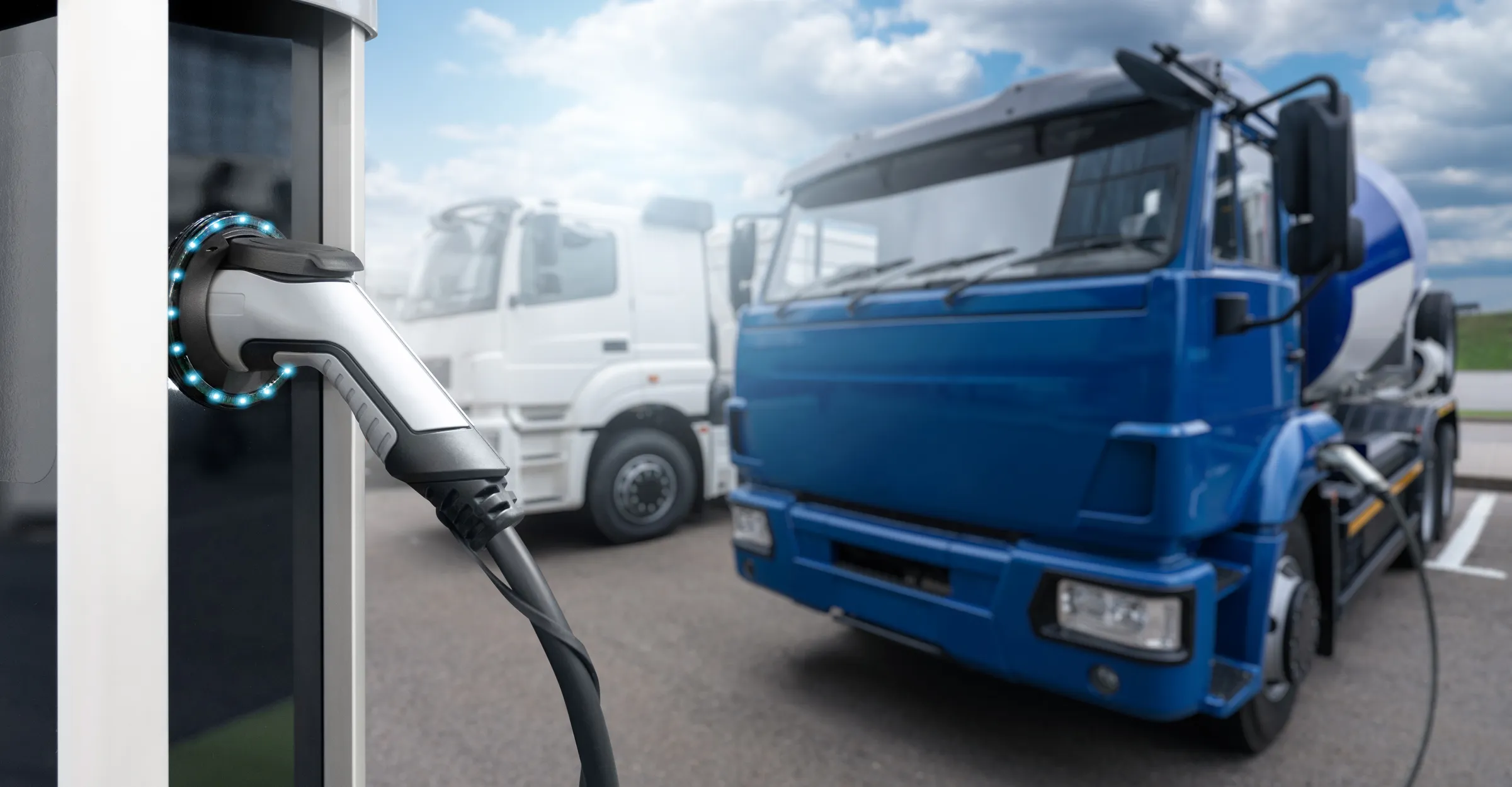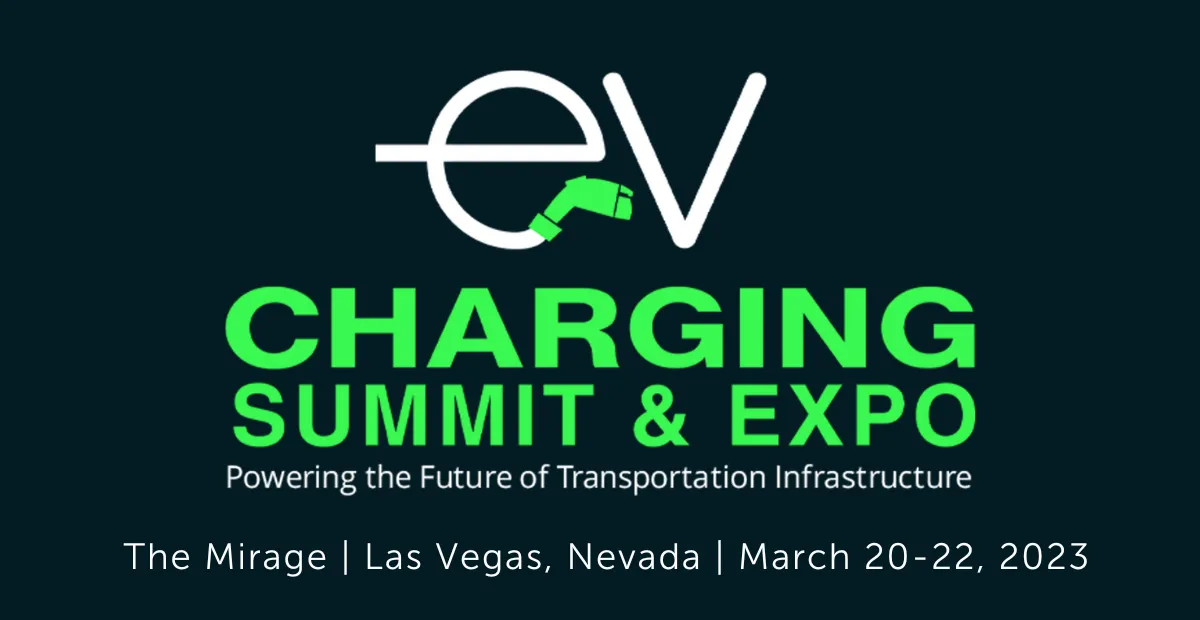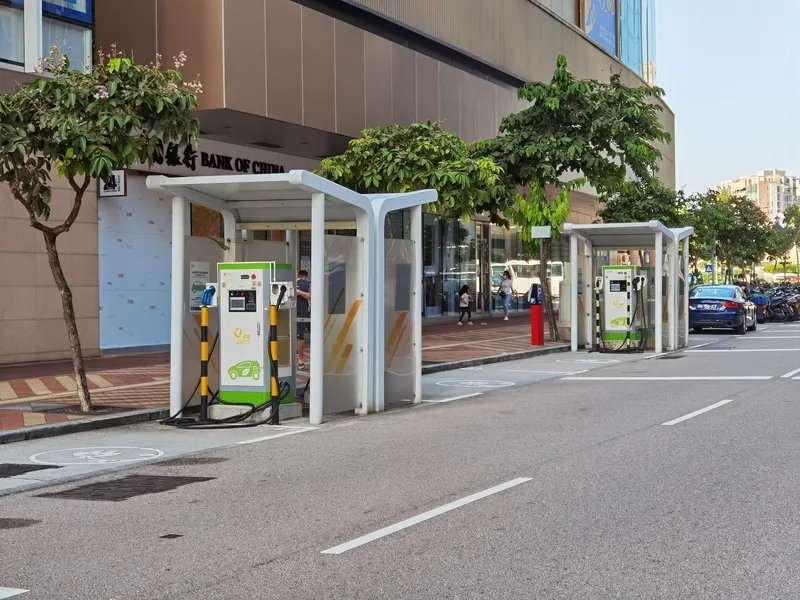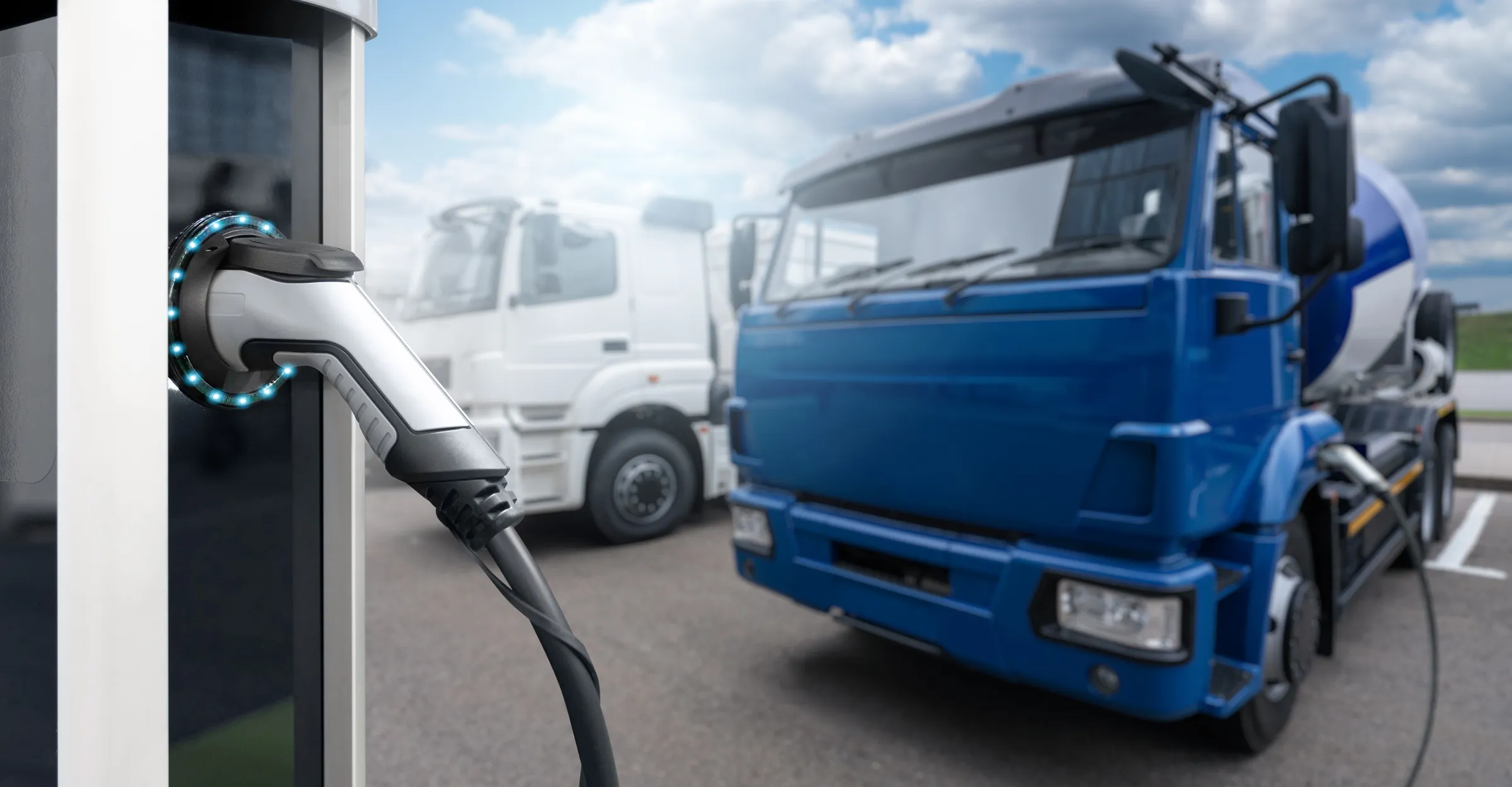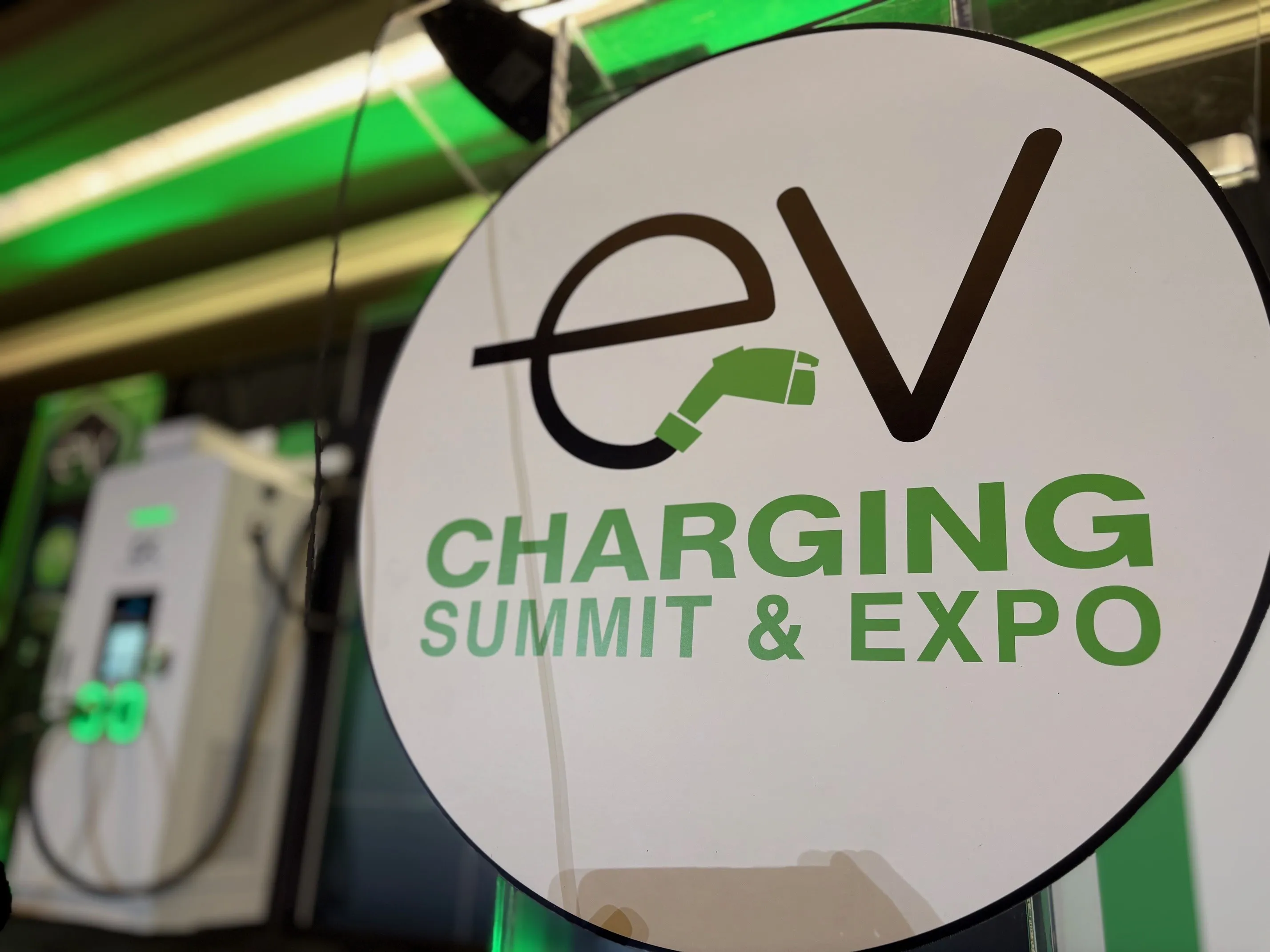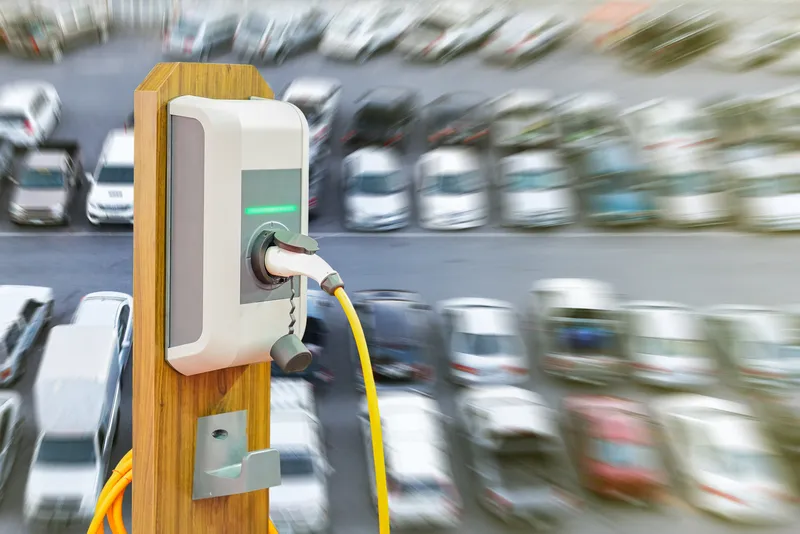
While EV charging points in service will grow from 14.2 million in 2023, to 45 million in 2027 globally, the analysis identified a significant gap between public and home charger adoption, with over twice as many home chargers as public chargers being in service by 2027.
The report identified improving shared data on charging point distribution, as well as agreeing partnerships to accelerate roll-outs in key areas as vital to redressing the gap.
The study found that present initiatives from governments are not sufficient to accelerate EV adoption, with new innovation and business models within EV charging needed.
Research co-author Nick Maynard explained that regulator initiatives, such as requiring charging points to be added to new buildings, are insufficient by themselves to roll out charging infrastructure on a wide enough scale to drive environmental benefits. “EV charging networks must work together with both city authorities and each other to identify how best to plug gaps in charging infrastructure, or EV adoption will continue to be limited,” he said.
The research found that, despite initiatives such as the opening of Tesla’s Supercharger network in North America, fragmentation in charging networks is still limiting EV adoption globally. The number of different charging rates, payment systems and access requirements is harming consumer enthusiasm, which is limiting growth of the overall space. EV charging networks must simplify networks and develop interoperability to make the ownership experience simpler, with regulator action needed to harmonise systems.




